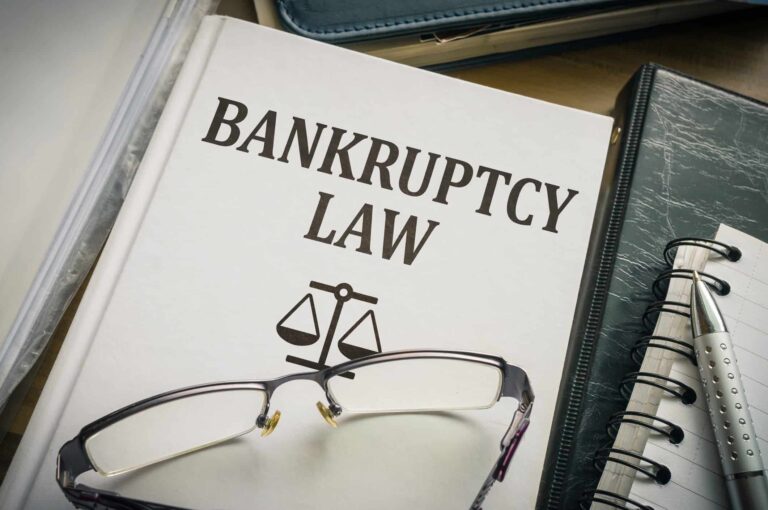Explaining Chapter 7 Bankruptcy
Chapter 7 is the simplest form of bankruptcy in which a debtor asks the court to cancel their debts because of their inability to pay. Under this type of bankruptcy, the debtor may have to surrender some property, but does not have to surrender all property. In most cases, the defendant can keep property that is currently being paid for and has little value. However, creditors may ask for liquidation of items with value in order to pay off some of what’s owed to them.
Who Qualifies?
This form of bankruptcy does not combine bills into one payment for you to pay off over time – that’s chapter 13. In chapter 7 bankruptcy, you’re asking the court to forget about or overlook your obligation to pay your creditors. To do that, you have to prove that you’re unable to pay. Following are some eligibility criteria for chapter 7:
- People who are unable to repay 25-percent of their monthly debt burden after paying for necessities like food and rent may qualify, but there’s one more test to pass.
- Only people who earn less than the median income of the state in which they live AND are unable to repay 25-percent of their debts are eligible.
If both these criteria are not met, you must file chapter 13.
Automatic Stay Stops Harassing Phone Calls
When you file for bankruptcy, the court establishes an automatic stay. An automatic stay makes it unlawful for your creditors to contact you regarding your debt, try to collect the debt or bring a lawsuit against you. Lawsuits, foreclosures, wage garnishments and phone calls stop when the automatic stay is in effect. The stay remains in effect until the case is over.
What to Expect
It normally takes three to four months to finalize a bankruptcy case. After filing, you will meet with your attorney several times and may have to meet with your creditors. If you own property, they have the right to ask for liquidation of the property in order to offset some of your debt.
Is Chapter 7 the Right Choice?
In some cases, chapter 7 is not the answer. You may wish to look into chapter 13 bankruptcy if you wish to protect people who have cosigned for you, if you want to maintain ownership of valuable property, if you feel an obligation to pay your debts or if you think a chapter 13 debt repayment plan will look more favorable to future creditors.






